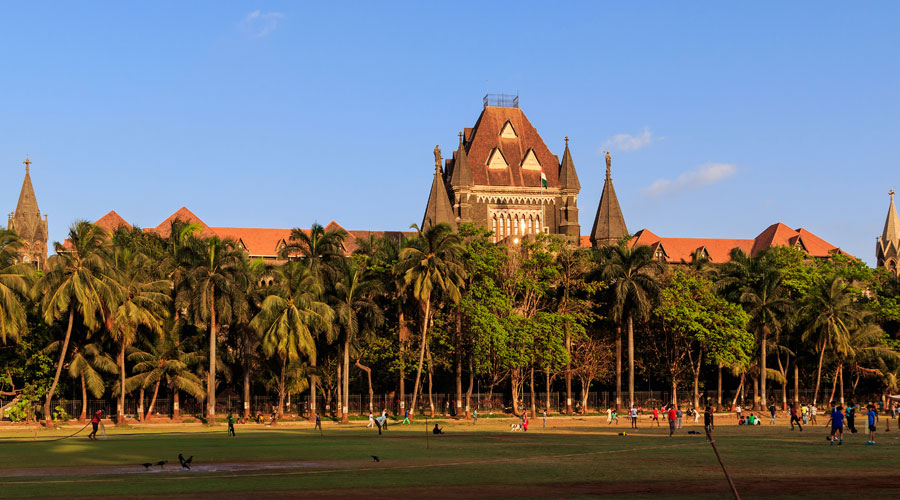The Bombay High Court on Wednesday reserved its verdict on a default bail plea filed by lawyer-activist Sudha Bharadwaj, an accused in the Elgar Parishad-Maoist links case.
Opposing her plea, the Maharashtra government told the HC on Wednesday that a sessions court had the power to take cognisance of the charge sheet filed in the case in 2019, since the National Investigation Agency (NIA) was then yet to take over the investigation into the case.
The NIA took over the case in January 2020.
Appearing for the Maharashtra government, Advocate General Ashutosh Kumbhakoni told a bench of Justices S S Shinde and N J Jamadar that as long as the investigation in a case was not assigned to the NIA, the proceedings pertaining to the same could continue before a regular court.
Bharadwaj had approached the HC earlier this year, seeking default bail on the ground that Pune additional sessions judge KD Vadane, who had taken cognisance of the police chargesheet in the case filed in 2019, was not authorised to do so.
Bharadwaj had annexed RTI (Right to Information) replies from the HC to demonstrate that judge Vadane was not a designated special judge, as was necessary to adjudicate offences under the Unlawful Activities Prevention Act (UAPA).
Senior counsel Yug Chaudhry, who appeared for Bharadwaj, had earlier told the HC that Vadane pretended to be a special judge and had signed orders as the special judge.
On Wednesday, Chaudhry referred to portions of a recent Supreme Court judgement to show that a special court alone has exclusive jurisdiction to try UAPA offences.
Kumbhakoni, however, opposed the submission and said Chaudhry was only citing such portions of the judgement that suited his case and not the judgement in its entirety.
He said in the case cited above, the circumstances were different from those in Bharadwaj's case.
"There are elementary principles of reading a judgement. You cannot read a few paras and say I have succeeded in freeing (someone accused of being involved in) Naxalite activities," Kumbhakoni said.
"The facts of every case are different, you can't use one to colour the other," he said.
Additional Solicitor General Anil Singh, who appeared for the NIA, reiterated that the sessions court had been within its powers in taking cognisance of the case.
The HC closed all arguments and reserved its verdict on Bharadwaj's plea.
The Elgar Parishad case is related to inflammatory speeches made at a conclave held in Pune on December 31, 2017, which, the police claimed, triggered violence the next day near the Koregaon-Bhima war memorial located on the outskirts of the western Maharashtra city.
The police had claimed the conclave was organised by people with alleged Maoist links.










